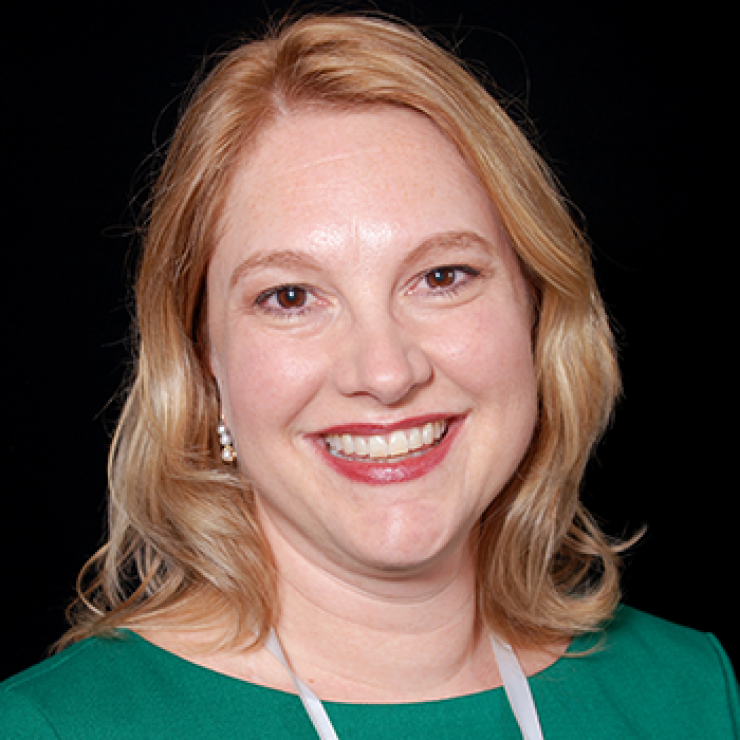They came because their parents made them.
The five 15- to 18-year-old students who filed into a meeting room at Francis Financial in New York didn't come to the school-night panel on financial planning because they were excited to learn about budgeting, saving and credit cards. But at the end of the 70-minute presentation, “Financial Planning 101,” the teens admitted it hadn’t been so bad.
“I didn’t understand credit cards,” an 18-year-old named Andrew told me after Avani Ramnani, the firm’s director of wealth management, wrapped up. “Now it makes sense.”
“I really want these girls to learn how to talk about money,” says Francis Financial's Avani Ramnani.
For Francis Financial, a $200 million AUM firm with offices just a block from the New York Stock Exchange, the cost was minimal: a sushi tray, some fresh fruit and a pitcher of lemonade. But if compound interest is any guide, the kids should see lifelong returns from learning how credit card debt can soar to thousands of dollars from a $100 purchase.
Maybe they’ll become clients. If not, that’s OK, too.
“I really want these girls to learn how to talk about money,” Ramnani tells me, adding that she addressed many of her tips specifically to the young women in the room. “I want them to feel comfortable.”

As a planner, Ramnani’s daily experience with clients means she brings real-world perspective to her panels. It’s something she shares with another advisor, Levar Haffoney. A principal at Fayohne Advisors in New York, Haffoney teaches classes on financial planning to adults at an area college. “It is always satisfying to hear about [students’] successes since taking my class,” writes Haffoney in this month’s Selfie column, “
Ramnani and Haffoney's day-to-day experience working with clients influences their classes. And this valuable insight influences every aspect of the curriculum. Similarly, the advisors profiled in our cover feature “Course Correction" focus their classes on the specific needs of clients, rather than abstract academic principals.
These instructors are also dedicated to raising the profile of programs that offer degrees in financial planning.
“I was humbled by the sheer amount of dedication these professors put into their work,” says Assistant Managing Editor Maddy Perkins, who wrote the story.
For students considering a planning career, a degree program is a great option. “While nothing can replace real-world experience,” Perkins says, “these educators work to ensure financial planning graduates are best prepared for the daunting challenges of the real world.
“Plus,” she tells me, “it might help students land a job after they graduate.” Take note, Francis Financial (and countless other firms like it): Some of your presentation attendees may one day be graduating from our annual list of schools for financial planning.





